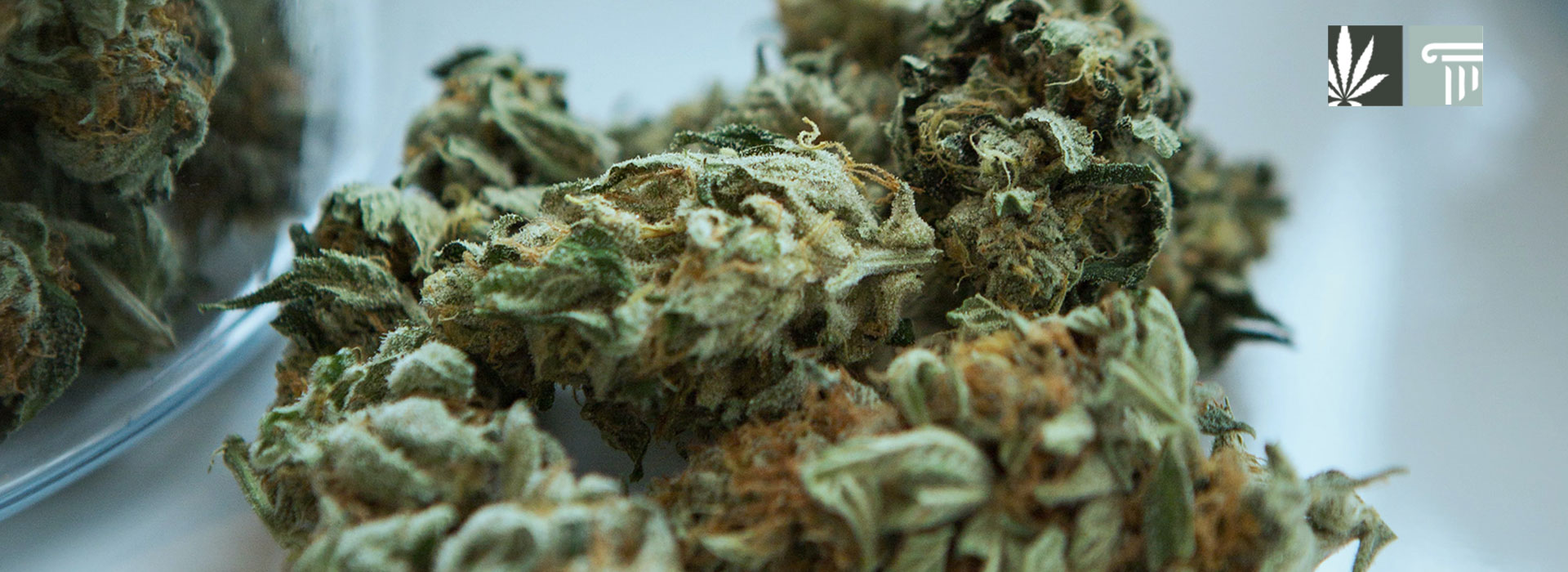The Texas House of Representatives approved three marijuana reform measures that would decriminalize low-level possession, reduce penalties for possession of cannabis concentrates and expand access to medical cannabis.
The decriminalization legislation – HB 441 – was introduced by Rep. Erin Zwiener (D) and passed in a 88-40 vote. It would make possession of one ounce or less of marijuana a Class C misdemeanor punishable by a $500 fine, with no threat of arrest or jail time, while establishing a process for prior offenders to expunge the infraction from their criminal records.
Under Texas marijuana laws, possession of up to two ounces is currently considered a Class B misdemeanor subject to up to 180 days in jail and a $2,000 fine. However, in 2019 Texas law enforcement were instructed to no longer arrest people for low-level cannabis possession. The move followed a period of confusion after the passage of the 2018 Farm Bill that legalized hemp nationwide, given the difficulty in distinguishing between legal hemp and illegal marijuana without a costly laboratory analysis.
The medical marijuana measure – HB 1535 – passed in a 134-12 vote. It would expand the number of qualifying conditions for a medical marijuana card to include cancer, chronic pain and PTSD. Texas’ medical cannabis regulator, the Department of State Health Services (DSHS), would also be able to add more qualifying conditions through its own initiative rather than through the legislature.
Texas’ medical marijuana program is one of the most limited in the country, with only non-intoxicating CBD oil permitted in cases of amyotrophic lateral sclerosis, autism, incurable neurodegenerative diseases, intractable epilepsy, multiple sclerosis, seizure disorders, spasticity and terminal cancer. But HB 1535 would also increase the THC limit in CBD oil products from 0.5 percent to 1.5 percent.
Texas’s emphasis on CBD treatments over ones that include THC means marijuana reform advocacy groups such as NORML describe it as a ‘medical CBD program’ rather than a full medical marijuana program. Heather Fazio, director of Texans for Responsible Marijuana Policy, welcomed the possible THC limit increase but stressed that decisions on patient care are best left to doctors.
“There’s an incredibly restrictive cap on THC,” Fazio said. “Low levels of THC will work for some people, but it doesn’t work for others. And so, what we think is that doctors need to be the ones making these decisions, not lawmakers.”
Texas’s restrictive approach to medical marijuana means uptake has been sluggish, with only 3,500 patients registering out of around 2 million who are likely eligible.
The final marijuana-related bill approved by the Texas House would reduce the penalties for possession of up to two ounces of cannabis concentrates to a Class B misdemeanor.
Out of the three measures, the fate of the marijuana decriminalization bill in the Senate is perhaps the most contentious. While Texas Gov. Greg Abbott worked with Zwiener on aspects of the bill, Lt. Gov Dan Patrick opposed a similar 2019 measure. In response to a flurry of marijuana-related legislation pre-filed at the end of last year, including two bills to legalize recreational cannabis, Patrick said he’s open to medical cannabis reform but not full legalization. He remained silent on the question of marijuana decriminalization.






